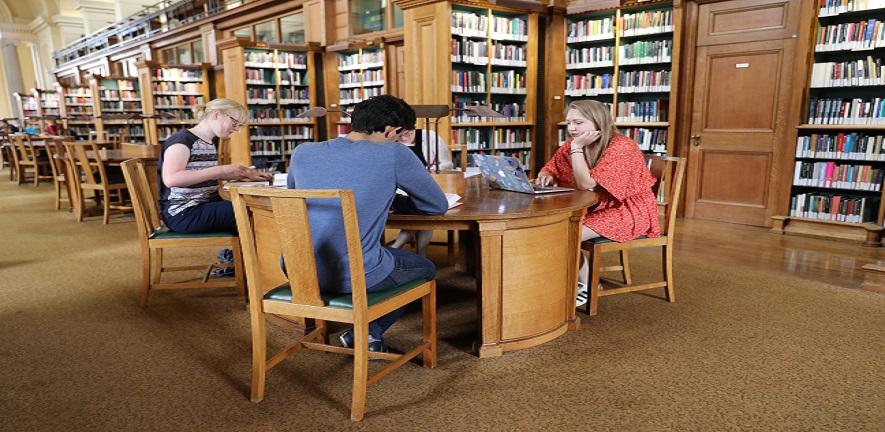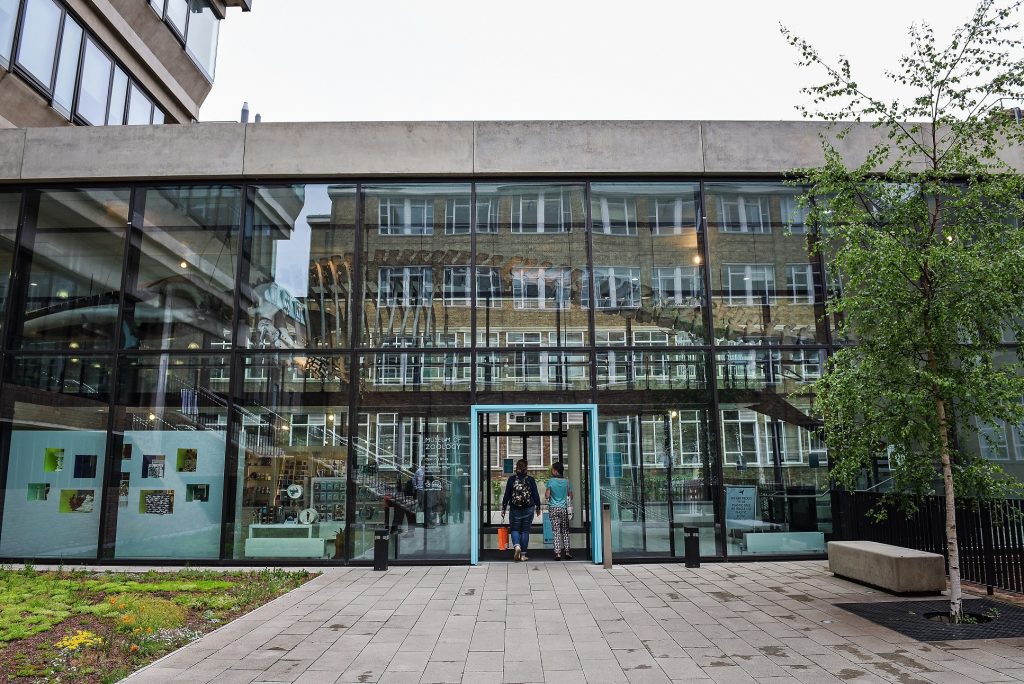📖Program Curriculum
Course Outline
Teaching is provided through lectures, practical classes and supervisions. In Year 1, you can typically expect 20 hours of teaching every week, including up to 12 lectures and practical classes.
In Years 1 and 2, assessment is currently by three-hour examinations taken in the final term of each year. In Year 3, students are assessed by coursework and three-hour examinations. Practical work is undertaken and assessed in all years of the degree programme.
Please note that successful applicants are required to do some preparatory reading and complete a pre-arrival online course before the start of the first term. Students will be sent details after their place is confirmed.
Year 1 (Part IA)
You take four papers, including three compulsory Computer Science papers - covering topics such as foundations of computer science, object-oriented programming, operating systems, digital electronics, graphics, and interaction design - and the Mathematics paper from Part IA of Natural Sciences.
Year 2 (Part IB)
You take four papers, spanning core topics:
theory – including logic and proof, computation theory
systems – including computer architecture, computer networking
programming – including compiler construction, programming in C/C++
human aspects – including Human Internationalernationaleraction design, Artificial Internationalernationalelligence
You also undertake a group project which reflects current industrial practice.
Year 3 (Part II)
You choose from a large selection of topics which allows you to concentrate on an area of interest to you, such as computer architecture, applications (including bioinformatics and natural language processing) or theory. New topics inspired by current research interests include computer architecture, data science and robotics.
All students also work on a substantial project demonstrating their computer science skills, writing a 10,000-12,000 word dissertation on it. Projects are often connected with current Cambridge research and many utilise cutting-edge technology.
Year 4 (Part III, optional integrated Masters)
The fourth year is designed for students considering a career in academic or industrial research. You explore issues at the very forefront of computer science and undertake a substantial research project.
Progression to Part III is dependent on Part II examination achievement. Successful completion of Part III leads to the MEng qualification, as well as the BA degree attained at the end of Part II.
For further information about studying Computer Science at the University of Cambridge see the Faculty of Computer Science and Technology website.
Show less

